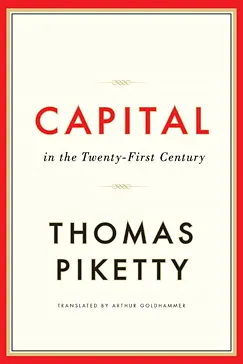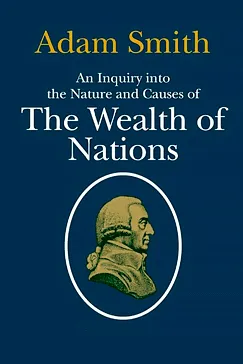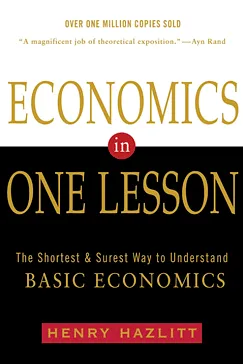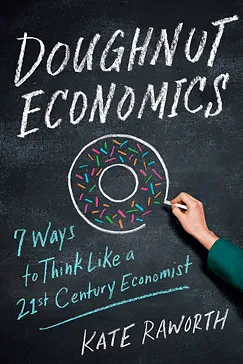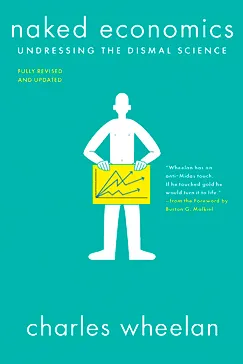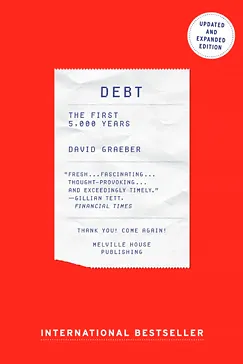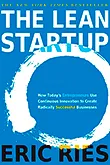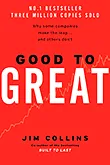Understand the forces that shape our economies with this comprehensive list of the best economics books of all time.
Freakonomics
Imagine sneaking into a hidden dimension of everything. This book explores a surprising linkage between such varied topics as how schoolteachers and sumo wrestlers share the same set of incentives, or what real estate agents and the Ku Klux Klan have in common. It challenges conventional wisdom and asks provocative questions. It is a blend of economics and storytelling that reveals the economic principles underpinning everyday life. It really is a journey through human nature in a way that shows, at the core, economics truly is the study of incentives and how they affect our behaviors.Capital in the Twenty First Century
Recommended by: Bill Gates, Carl IcahnIn this book, the author submits both income and wealth inequality experienced in Europe and the United States to a critical analysis spanning five centuries. The book has indicated the rate of return on capital in developed countries has consistently remained above the growth rate of an economy, which would definitely contribute to growing inequality. "Without intervention, the gap, it says, will widen into pre-20th-century levels which would be a contradiction of meritocratic and social justice values held by modern nation-states. The author comes up with solutions to the challenges that are of global nature and they comprise of progressive wealth tax for the world guarantee of wealth equity.The Wealth of Nations
The book lays the foundation of modern economic understanding. It discusses the nature and causes of the wealth of a nation and focuses on the contribution made by free markets, division of labor, and the role of self-interest in economic transactions. He says the individual, when pursuing his own interests, is contributing to the public good almost as though led by an invisible hand. This would contribute to the argument for minimal government intervention in the economy.Economics in One Lesson
Recommended by: Andrew WilkowThis book narrows down the broad field of economics to a single fundamental lesson: that what counts is understanding the consequences of economic policies not only in the short run, but also over the long term. It challenges popular myths and misconceptions in economics, extolling policies that take into account effects on all groups – rather than on a chosen few – regardless of their popularity. In clear examples, it shows well-intentioned policies can have unintended bad effects. A must-read for anyone looking to grasp the basics of economic theory and its practical applications in everyday life.Basic Economics
This book would even open the closed doors for the people who are not ready to get to the subject, simplifying the complex economics. It covers basic questions concerning how the market works, the influence of the price mechanism, and the role of the government in affecting the outcomes. The reader understands through real-world examples, the principles that govern economic activity, and how these principles affect our lives in the day to day. The author questions us upon every common fallacy and gives a clear understanding of how the economic systems operate. It's an essential read for anyone looking to grasp the basics of economics without getting lost in jargon.Doughnut Economics
In this groundbreaking book, the author overturns traditional models of economics that suggest unlimited growth. She came with the concept which was revolutionary: economics should be turned in a way that fulfills the needs of everybody while at the same time taking care of the ecology of the planet. The book proposes a new economic model, the doughnut, that is shaped so as to show the balanced meeting point between the essential needs of humankind and the environment, making it sustainable. That's calling for a reshaping of our economies toward a just and sustainable future for all. This is an illuminating read about an ‘economics for sustainable prosperity’, how we can live and thrive within the limits of the planet.Confessions of an Economic Hit Man
In a tell-all memoir, the author chronicles his experiences as an economic hit man, selected to convince poor countries to accept ruinous loans for infrastructure projects. Those loans put those nations in a position of debt and dependency on the United States that was designed to be un-repayable. It is in this personal journey where the reader becomes familiar with the dark side of global economics and the manipulation that keeps the power of wealthy nations over vulnerable economies. The book exposes through Tandon a rude awakening into the dubious practices that have laid the foundation of the economic landscape of the contemporary world.Naked Economics
This book flips the principles of economics on their head so that complex terms and theories reveal simple truths about money, markets, and the way human beings behave. The platform is amazing, with beautiful examples and language to detail how economic concepts shape our lives every day, from global markets to decisions about personal finance. The author uses humor and real-life situations to make easy and fun economics, showing how it can bring empowerment in the process of making informed decisions. It is a very knowledgeable read for an individual who would like to know how the economy works and its influence on their surrounding.Debt: The First 5000 Years
It traces a history of debt through 5,000 years challenging views traditionally held in respect of money, credit, and economic systems. It is the contention of the author that the question of debt is the central theme concerning social relationships and that it profoundly has shaped human history and culture. In telling the story of many civilizations – ranging from the Sumerians of ancient Mesopotamia to the present – the tale informs that debt has been a instrument of power and oppression but also a means of social cohesion. The book explores the rethinking of the place of debt in society, the function it plays in creating economic inequalities, and the relation of indebtedness to justice.
List of top rated Economics books everyone should read. Best sellers only!

